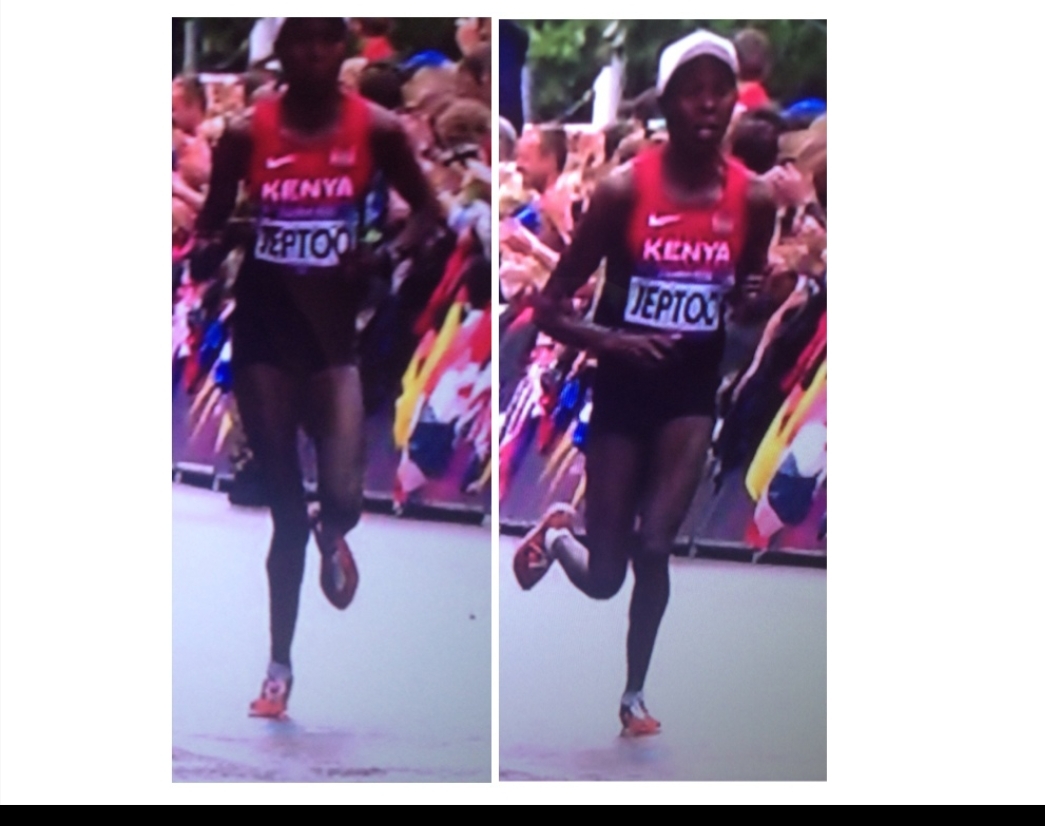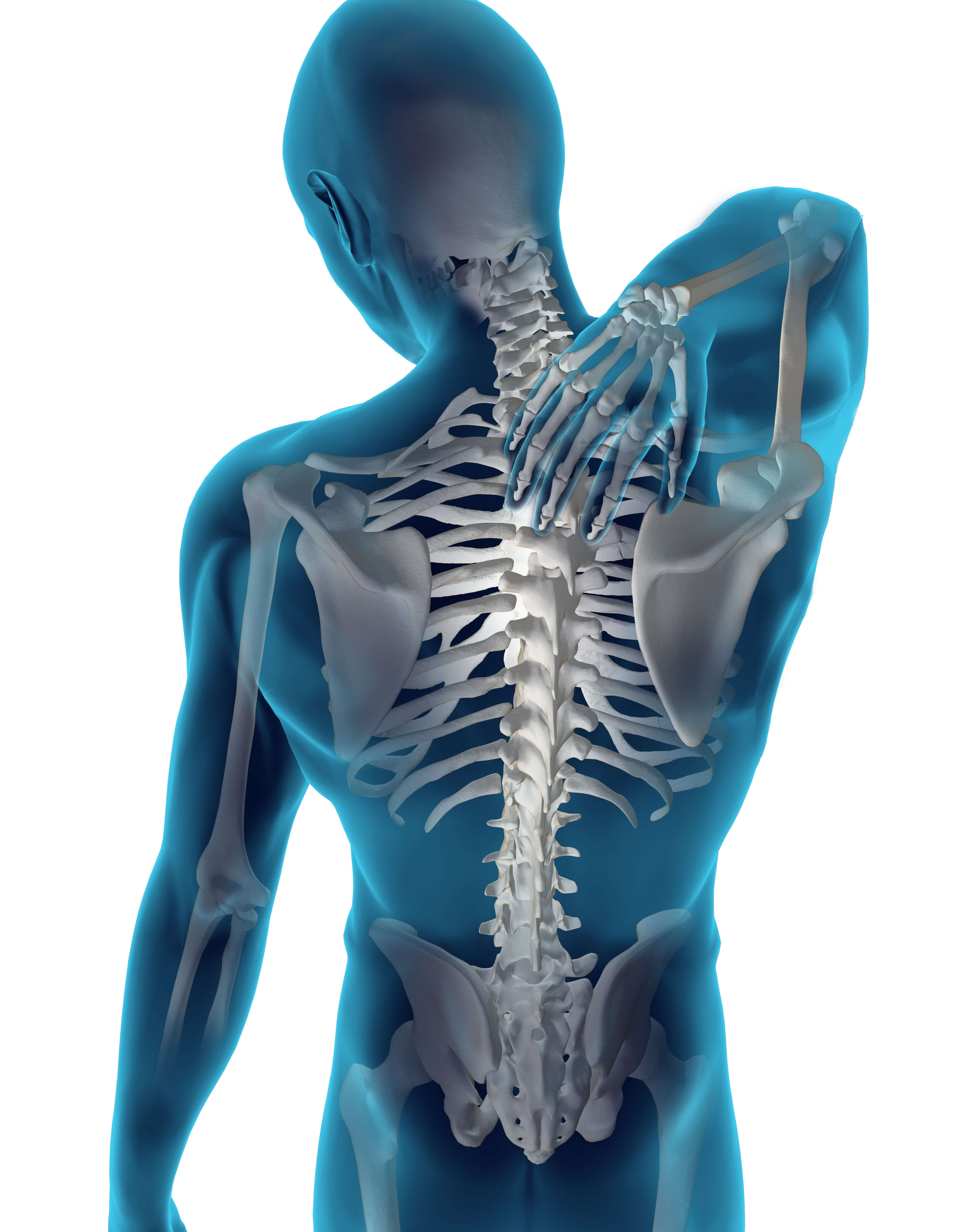Is Running Bad For Your Knees?
One of the advantages of the COVID-19 lockdown is the amount of extra exercise people are able to take part in. There is now much more time available compared to before and the weather is even doing its part. When the weather is good, the only equipment you need is a pair of runners.
As a result of more people taking part in running, I find I am receiving more and more phone calls from clients looking for advice regarding aches and pains which may be picked up during their training. 2 phone calls in a row yesterday included the age-old question, “Is running bad for your knees?”.
The short and simple answer to this is NO. This is not just my opinion, it is a fact which is backed up by extensive research. The most common misconception is that running, especially on the road, leads to “wear and tear” and eventually arthritis in the knees. This is simply just not true. There are countless research cases done in an attempt to verify this, and they all come back with the same findings.
Some researchers have used cadavers (dead bodies) as research. They take a close look at the knees of a runner compared to that of one who didn’t take part in regular running. They found the exact opposite to what we were always led to believe. The knees of runners were found to have much thicker cartilage in the knees. What this means is your body adapts to what is being asked of it and attempts to protect itself from harm. For a runner, the most impact is on the knees, so your body fights to protect your knees and goes as far as growing extra cartilage.
Another small test was done comparing the effects of 30 minutes of knee training in a seated position compared to 30 minutes running for recreational runners (Hyldahl et al, 2016). It actually found the seated exercise created more of an inflammatory effect that running did, and running in fact lowered inflammation levels.
Some people argue they have wonky knees and shouldn’t run. I always point to one of my favourite long-distance athletes, Priscah Jeptoo. She won a silver medal in the marathon at the 2012 Olympics and can run a marathon in 2 hours 20 minutes. This is what her knees look like when she runs……



Another argument is that these examples are all runners and have been doing it all their lives, what I often hear is “I have only taken up running recently so my knees just aren’t able for it, they get so sore”. So, imagine you just took up bodyweight training. You do push-ups and squats every day.
What does this feel like? Your chest and arms are sore the next day if you do enough push-ups to actually be effective. Your thighs will be sore if you have done enough squats. But these feelings don’t lead us to think squats are bad for our thighs or push-ups are bad for our chest and arms. There is a general understanding that this is a sign that we are getting stronger and fitter and the exercises are effective. But if you completely over-do the squats and push-ups, you might be sore for a few days and unable to effectively do them the next day. You have simply done more than you are capable of at this stage and need to do a little less the next day.
So if you have just taken up running, and your knees get so sore that you can’t run the next day without pain, maybe you have started too fast. Take an extra day of rest from running and start smaller the next day. Instead of running 5km, maybe run 2 or 3. Maybe even slow your pace a little. Instead of doing 5km in one day, do it over 2 days. This allows your body to adapt better and will prevent unwanted knee pain.
Sometimes you will just get unlucky and pick up a little niggle here or there. This happens. It happens the novice runner and it happens the elite athlete, that’s why I am kept in a job. If you get unlucky and pick up a knock, get in touch. If the lockdown is still in place, we can offer you advice over the phone or we can arrange for an online consultation and help you on your way to better health and better fitness.
You could start by downloading a FREE report on how to battle knee pain. Just click here
Running decreases a knee intra-articular cytokine and cartilage oligomeric matrix concentrations: a pilot study. Hyldahl RD, Evans A, Kwon S, Ridge ST, Robinson E, Hopkins JT, Seeley MK. Eur J Appl Physio 2016 Dec. (11-12) 2305-2314. Epub 2016




